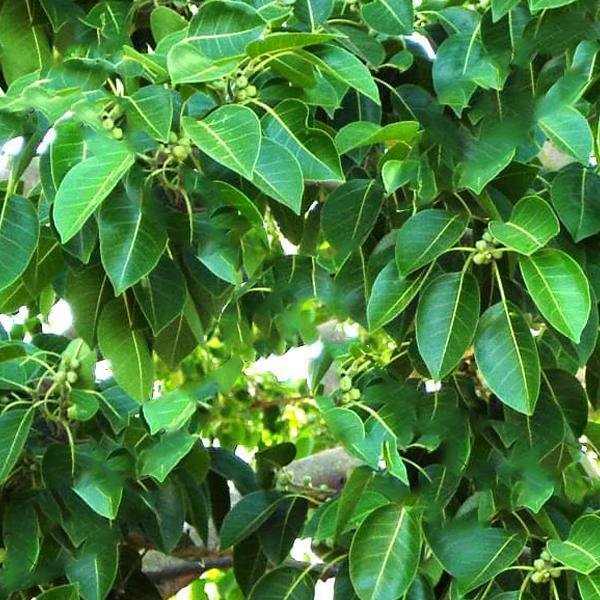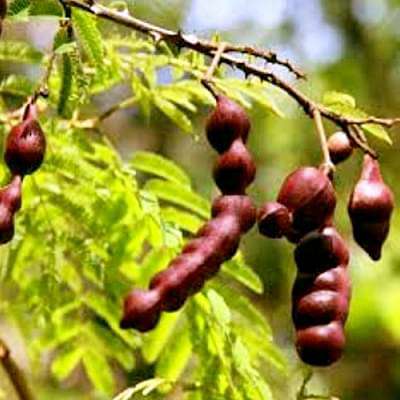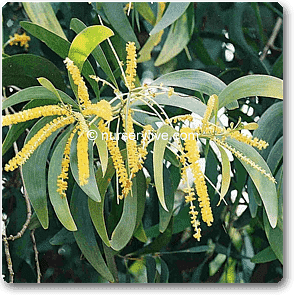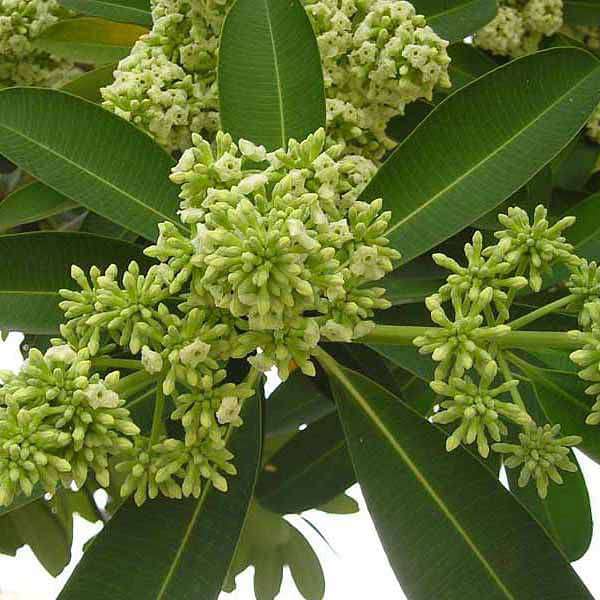Description
Large spreading tree over 10 meters; deciduous; smooth bark; thornless.A large, glabrous tree.Leaves are alternate, ovate, apiculate-acuminate coriaceous, upper surface dotted with minute raised spots, base narrowed, 3-nerved, petiole with a gland at the apex on the underside. The inflorescence is Hypanthodium globose, sessile. Fruit is achene ovoid reniform.Plant Specifications
Plant Height
20 inch (51 cm)
Plant Spread
6 inch (15 cm)
*above specification are indicative only. actual dimensions may vary by +-10%
Common Name
Piper, Pipali
Maximum Reachable Height
Up to 15 m
Bloom Time
November to January
Difficulty Level
Easy to grow
Planting and careCold drafts from windows or doors will harm them, so make sure to place them somewhere where drafts will not be an issue.Losing its leaves is the most common problems with ficus plants. Ficus tree shows a standard reaction to stress is Leaf drop, whether it is from any of the following: Underwatering or overwatering, Low humidity, Too little light, Relocation or repotting, Drafts, Range in temperature (too hot or cold). If your Ficus is losing its leaves, go through the checklist of proper ficus tree care and correct anything that you find wrong.Ficus Amplissima care
Can be planted in the sun, although can tolerate the half shade; aftercare till establishment is helpful if the situation allows; reasonable soil required. Grow well in moist and dry deciduous forests
Sunlight
Full sun
Watering
Moderately
Soil
Well-drained soil
Temperature
25 to 35 degree C
Fertilizer
Fertilize once a month in the spring and summer and once every two months in the fall and winter from any organic fertilizer.
Ficus Amplissima special feature
Ficus amplissima is an evergreen tree with a widely spreading crown. It often starts life as an epiphyte in the branch of a tree and can eventually send down aerial roots that, once they reach the ground, provide extra nutrients that help the plant grow more vigorously.
Ficus Amplissima uses
Ornamental Use:
Ficus trees can maintain their tree-like shape regardless of their size, so this makes them ideal for bonsais or for massive houseplants in large spaces
The plant is used for an ornamental purpose
It generally keeps indoor in a living room and in terrace area






Reviews
There are no reviews yet.